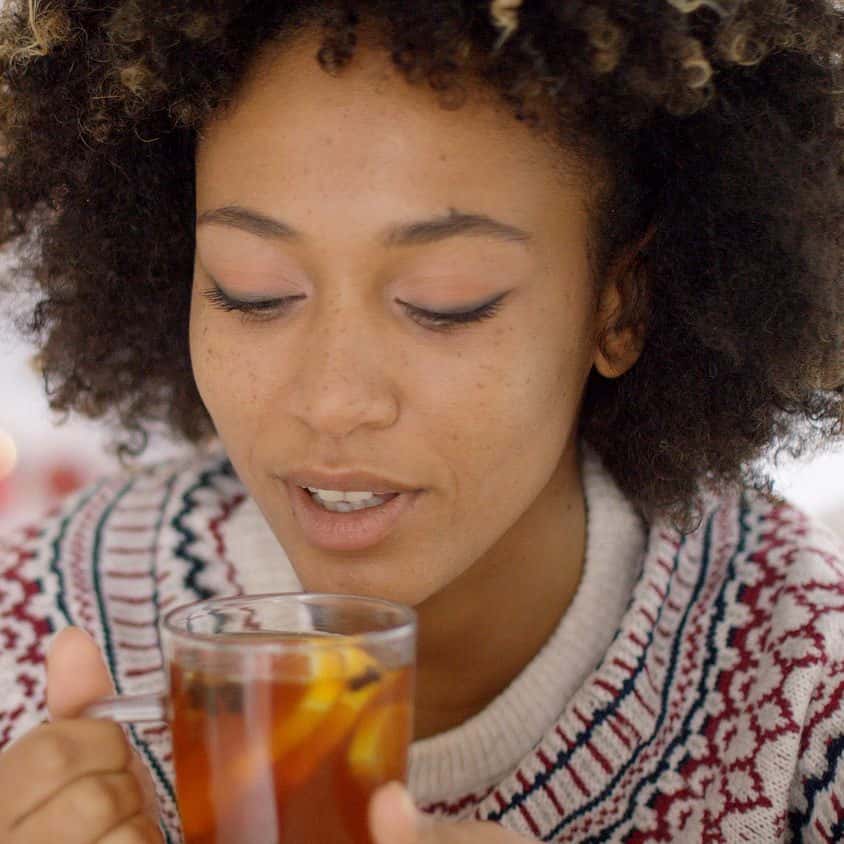
A collaboration between American and Chinese scientists has found evidence that oolong tea may help prevent breast cancer. Not just any tea will do, however. About two percent of the tea consumed in the world is oolong tea. Fujian Province, China, produces most of it. Oolong tea is between green tea (barely oxidized) and black tea (fully oxidized). As a partially oxidized tea, it has a distinctive flavor profile and chemical composition.
Oolong Tea Seems to Prevent Breast Cancer in its Home Territory:
Epidemiological data show that breast cancer is far less common (35 percent lower incidence) in Fujian Province than elsewhere in the country. In addition, Fujian women who drink a lot of oolong tea are 25 percent less likely than others in the region to develop breast cancer. Their death rate from breast cancer in Fujian Province is 68 percent below the average for China.
A researcher from Fujian joined forces with investigators at St. Louis University to find the mechanism (Shi et al, Anticancer Research, Nov. 2018). The investigators tested extracts of green tea, black tea and oolong tea on breast cancer cell cultures with differing characteristics. Two of the cell lines were both ER (estrogen receptor) positive and PR (progesterone receptor) positive. Another of the cell lines was HER-2 positive, while three others were triple-negative.
Might Oolong Tea Prevent Breast Cancer?
Extracts of oolong tea inhibited the growth of all six different breast cancer cell lines. Green tea was also effective, but the black and dark tea extracts were much less active against any of the cell lines. Breast cancer cells treated with oolong had DNA damage, although the tea is not known to damage DNA in normal cells. Although this research is preliminary, the scientists hope that they will eventually be able to use oolong tea to help prevent breast cancer.

